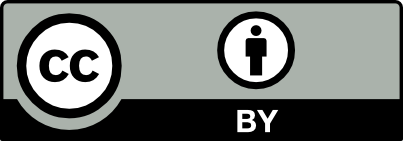Abstract
Professor Jirousek has been a very important driving force in the modern development of Trefftz method, contributing to its application in many different fields such as elasticity, shells and plates theory, Poisson equation and transient heat analysis. This article is dedicated to him. The focus of the paper is to incorporate Jirousek method into a very general framework of Trefftz method which has been introduced by Herrera. Usually finite element methods are developed using splines, but a more general point of view is obtained when they are formulated in spaces of fully discontinuous functions - i.e., spaces in which the functions together with their derivatives may have jump discontinuities - and in the general context of boundary value problems with prescribed jumps. Two broad classes of Trefftz methods are obtained: direct (Trefftz-Jirousek) and indirect (Trefftz-Herrera) methods. In turn, each one of them can be divided into overlapping and non-overlapping.
References
[2] H. Begehr, R.P. Gilbert. Transformations, Transmutations, and Kernel Functions, volume 1. Longman Scientific & Technical, 1992.
[3] S. Bergman. Integral Operators in the Theory of Linear Partial Differential Equations, volume 23. Ergeb. Math. Grenzgeb, 2, rev. print. Springer, Berlin, 1969.
[4] R. Berlanga, I. Herrera. The Gauss theorem for domain decompositions in Sobolev spaces. Applicable Analysis: An International Journal. (in press).
[5] M. Celia, I. Herrera. Solution of general differential equations using the algebraic theory approach. Numerical Methods for Partial Differential Equations, 3(1): 117-129, 1987.



